International
Black chefs carve out a place in Brazilian cuisine
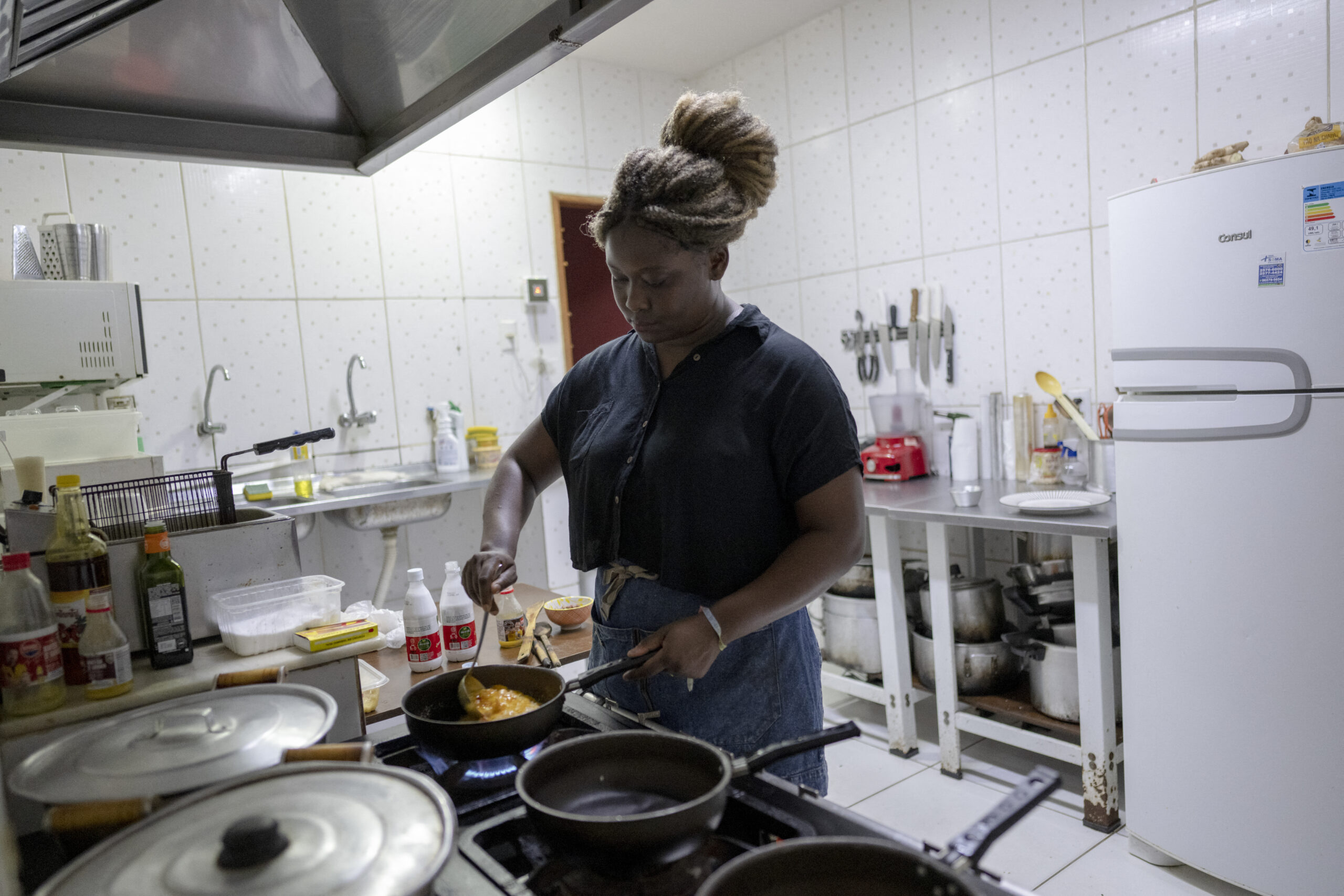
| By AFP | Louis Genot |
From a tiny restaurant on a dead-end street come the enticing aromas of chicken, pork and shrimp as an award-winning chef slowly steams dim sum — the finger food typical of Cantonese cuisine.
This is not Hong Kong but rather Rio de Janeiro. And the cook is a black Brazilian.
“Many people ask me, ‘Where is the Chinese chef?’” Vladimir Reis, 38, says with a chuckle. He opened Dim Sum Rio almost two years ago in Laranjeiras, a wealthy neighborhood of the city.
“They ask me why I make Asian food and not African or Brazilian food,” said Reis. “But I am free to do what I like, without being restricted by what people think I should do because of the color of my skin or the country I come from.”
Things are going very well for this burly man with thin dreadlocks down to his shoulders. His dim sums are wildly popular and he has been named a winner in a new competition called the Black Gastronomy Prize.
This contest, whose first edition was held in November, honors the best black restaurant industry people in Rio in an array of categories such as waiter, sommelier, sous chef and pastry chef, all in a country where racism is deeply ingrained.
“There are many nice stories, and the time has come to acknowledge all of this talent,” said Breno Cruz, a university professor who created the prizes.
‘White universe’
Best restaurant honors went to Afro Gourmet, run by Dandara Batista, 37, who serves up African dishes in Grajau, a working-class neighborhood of Rio.
In the small kitchen of the eatery she opened in 2018, she fixes a dish called hauca rice — originally from Nigeria and featuring shrimp, dried meat and a golden sauce that is a blend of coconut milk and palm oil.
The menu also boasts a dish from Senegal called mafe and a South African one called chakalaka. Batista highlights where her creations come from by adorning them with little flags corresponding to the country.
Batista said she always felt a strong connection to the food of the northeastern city of Bahia, where her father’s family comes from.
“But when I did some research I realized there is a strong African influence on Brazilian cuisine in general,” said Batista, who wears her thick hair in braids.
Batista has been cooking since she was a girl but thought of it as a career option only after working for many years as a journalist.
“Gastronomy was always linked to a white universe, so I did not see myself there,” said Batista.
She switched jobs four years ago after taking a class in gastronomy.
She lamented the fact that there were no courses on African cuisine, so she learned how to make dishes from countries far from Brazil such as Angola, Cape Verde, and Sao Tome and Principe.
‘No reference point’
Like Batista, Reis’s life was also influenced by things not Brazilian, in his case a trip to Singapore. “When I saw dim sum the first time I thought it was marvelous, so delicate. Right away I said to myself, ‘we don’t have this in Rio.’”
Reis, born and raised in Rio, gives a personal touch to his dishes, using cassava and palm oil, which are basic ingredients in Brazilian and African cooking. At Dim Sum Rio, he decorates his dishes with edible flowers and green leaves of cabbage to cover them, like little roofs.
Reis had worked in several restaurants but never made it all the way to chef. Although he has a strong resume, he says that in job interviews white colleagues with less experience would always beat him out.
“They always wanted me to be a sous chef, or a basic cook,” said Reis, who grew up in a favela, or slum, in central Rio called Santa Teresa.
In Brazil black or mixed-race people account for 54 percent of the population but only 30 percent of leadership positions in companies.
Reis says he would have started his own business earlier if he had seen more black chefs in the news media.
“I only saw black chefs on reality shows from other countries. Here in Brazil I had no reference point. The job market has opened up in the last few years but racism is still very much a part of society.”
International
Tehran airports resume operations as Iran lifts airspace closure

Iran announced on Thursday the full reopening of its airspace, including over the capital Tehran, after it was closed on June 13 — the first day of the war with Israel.
According to the official IRNA news agency, international airports in Tehran (Mehrabad and Imam Khomeini), as well as airports in the north, east, west, and south of the country, have resumed operations and are ready to handle flights.
Iran had completely shut down its airspace on June 13 following Israel’s unprecedented airstrikes. On June 25, one day after a ceasefire was declared, flight operations had resumed gradually, though only in the eastern regions.
On June 28, Iran further expanded the reopening of its airspace to include foreign airlines flying over its territory.
As of Thursday, only the airports in Isfahan (central Iran) and Tabriz (northwest) remain closed, as both cities were repeatedly targeted in Israeli airstrikes and their infrastructure is still under repair, IRNA said.
International
Man attacks passengers with axe on german ICE Train

A man attacked several passengers with an axe aboard an ICE train in the southern German state of Bavaria on Thursday.
According to police, four people sustained minor injuries during the incident, and the suspect was taken into custodyshortly afterward.
The attack occurred shortly before 2:00 p.m. (local time) on ICE train number 91, which was traveling from Hamburg-Altona to Vienna, Austria, according to German newspaper Bild.
Authorities have not yet released further details regarding the motive or the identity of the attacker.
International
Trump to decide soon on deportation exemptions for construction and farm workers
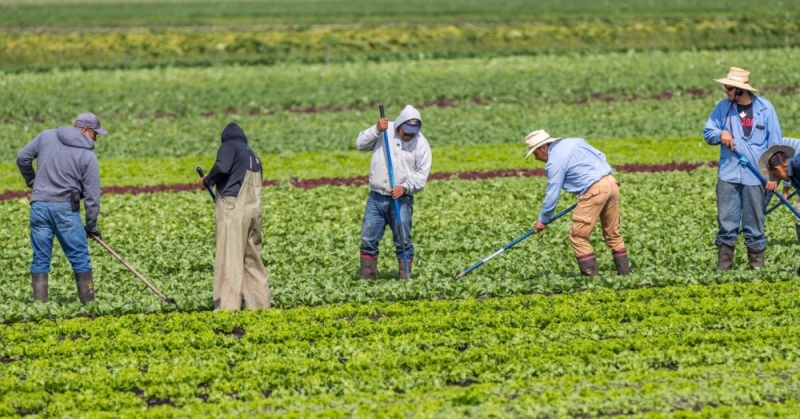
U.S. President Donald Trump stated on Tuesday in Florida that he will make a decision in the coming weeks regarding exemptions from deportations for workers in the construction and agriculture sectors.
Trump made these remarks to the media during a visit to the new migrant detention center, ‘Alligator Alcatraz,’ located in the middle of a wetland in Florida, the White House reported.
ICE (Immigration and Customs Enforcement) raids have targeted many of these workers, sparking fear among them and threatening to slow down two sectors that are vital to the U.S. economy.
In construction, 25.7% of workers are immigrants, and 14.1% of the total workforce nationwide is undocumented, according to the American Immigration Council.
In agriculture, the percentage of undocumented employees rises to 42%, according to data from the Department of Agriculture cited by the New York Times.
-
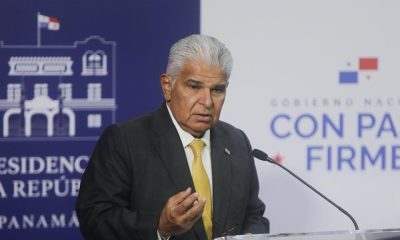
 Central America1 day ago
Central America1 day agoPanama’s President Mulino: “We are regaining international trust” to exit tax haven lists
-

 International4 days ago
International4 days agoTikTok sale advances as Trump reveals deal is in place
-

 Central America4 days ago
Central America4 days agoCastro to address FfD4 in Spain as Global Financial Reform takes center stage
-
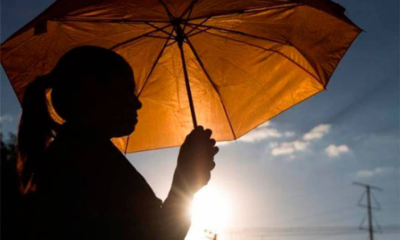
 International3 days ago
International3 days agoSpain hits record 46°C in June amid scorching heatwave
-
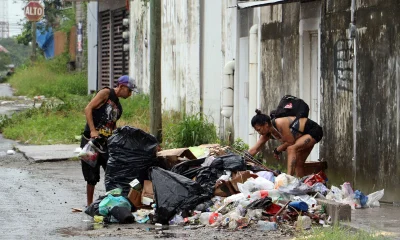
 International3 days ago
International3 days ago7 in 10 mexicans born poor stay poor, new report finds
-

 International3 days ago
International3 days agoTrump administration sues Los Angeles over sanctuary city policies
-

 International3 days ago
International3 days agoEcuador’s former VP Jorge Glas sentenced to 13 more years for corruption
-

 International2 days ago
International2 days agoThe White House insists that the United States remains in contact with Iran
-

 International2 days ago
International2 days agoThe US climate agency will lose access to key data for hurricane forecasting in July
-

 International2 days ago
International2 days agoThe Argentine justice declares Milei’s measure that limited the right to strike unconstitutional
-

 International1 day ago
International1 day agoTrump to decide soon on deportation exemptions for construction and farm workers
-
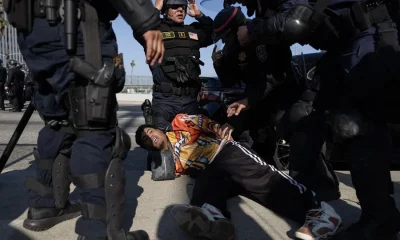
 International2 days ago
International2 days agoTrump sues Los Angeles for immigrant “sarture city” policies
-

 International1 day ago
International1 day agoIDB plans $11 billion in sustainable financing to support countries facing currency risks
-
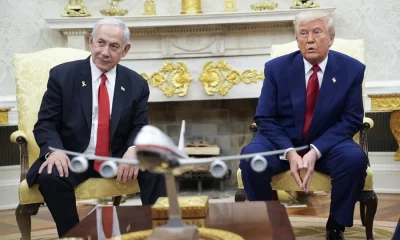
 International2 days ago
International2 days agoTrump will receive Netanyahu at the White House next week
-

 International2 days ago
International2 days agoFormer Correísta vice president Jorge Glas, sentenced to 13 years in prison for embezzlement in Ecuador
-

 International1 day ago
International1 day agoMaduro’s government appeals to Vatican for help rescuing migrant children
-

 International1 day ago
International1 day agoFormer argentine president seeks brazilian leader’s visit amid house arrest
-
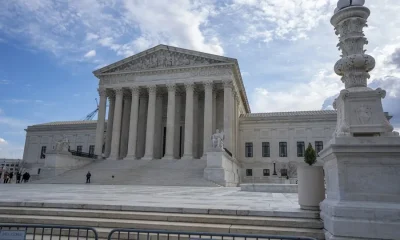
 International2 days ago
International2 days agoThe US Supreme Court will address the reduction of spending limits of parties in campaigns
-

 International2 days ago
International2 days agoAn investigation by the Trump Administration concludes that Harvard violated the rights of Jewish students
-

 International26 mins ago
International26 mins agoMan attacks passengers with axe on german ICE Train
-
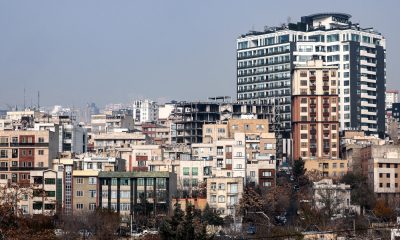
 International24 mins ago
International24 mins agoTehran airports resume operations as Iran lifts airspace closure












































































